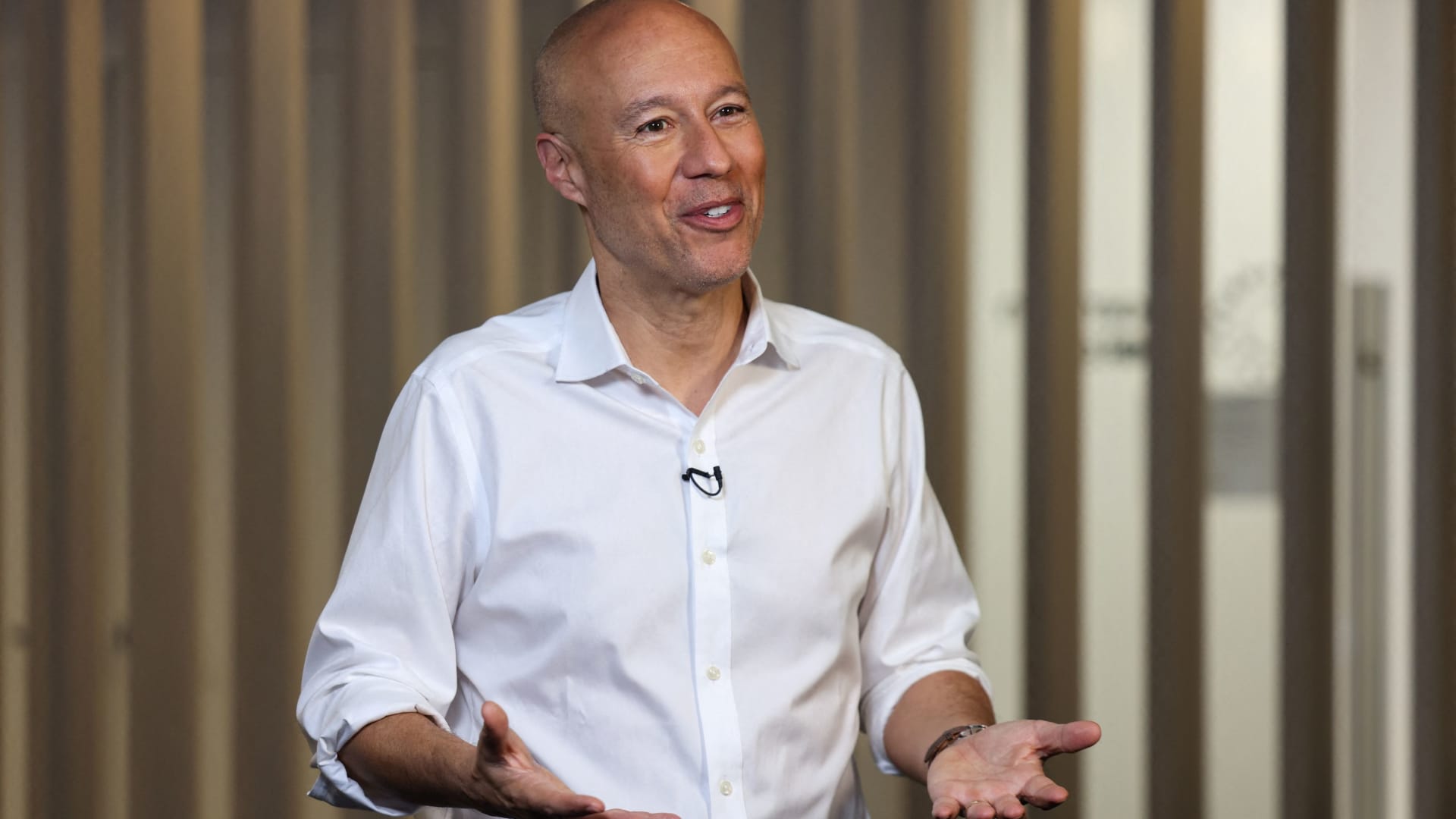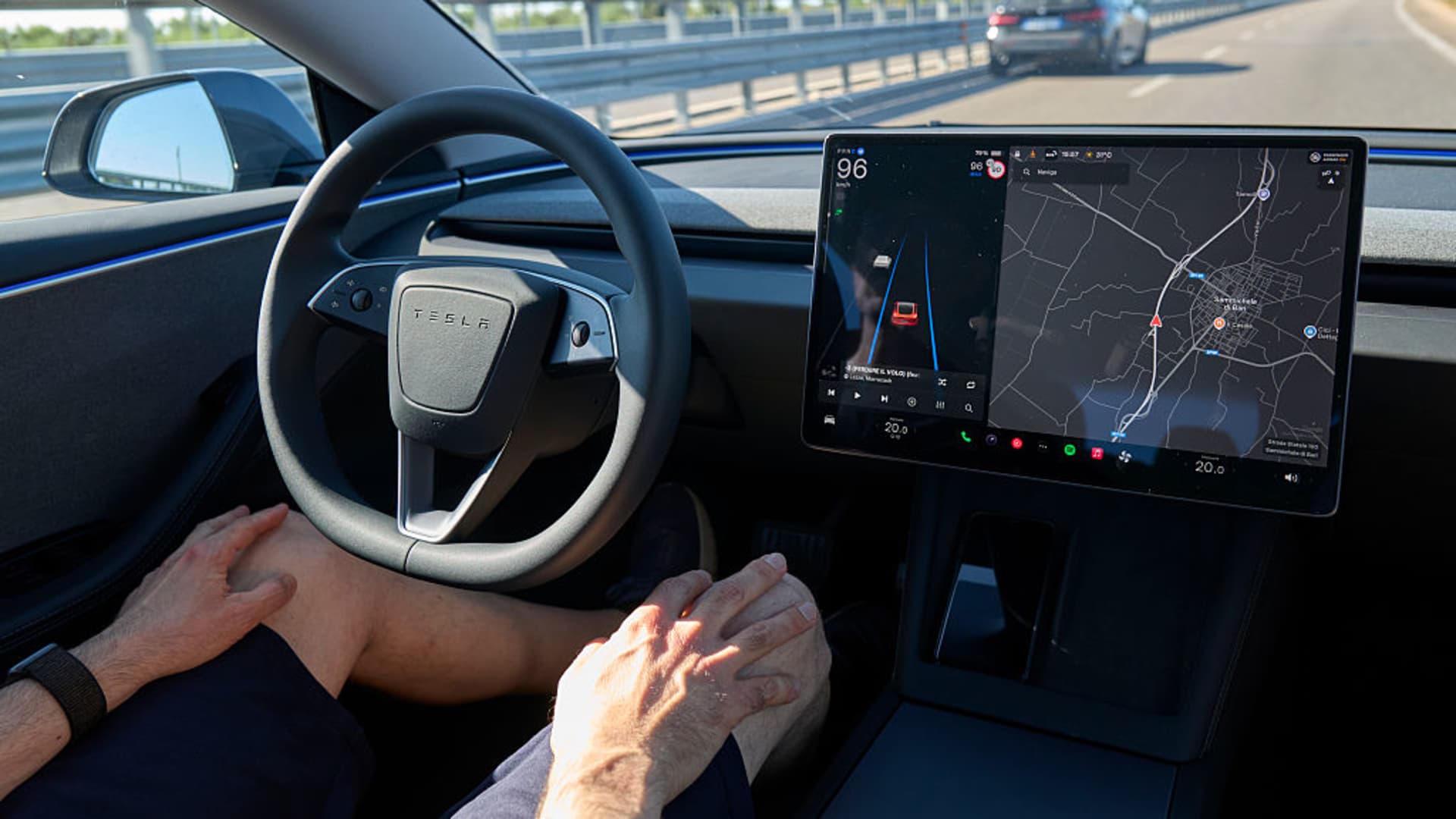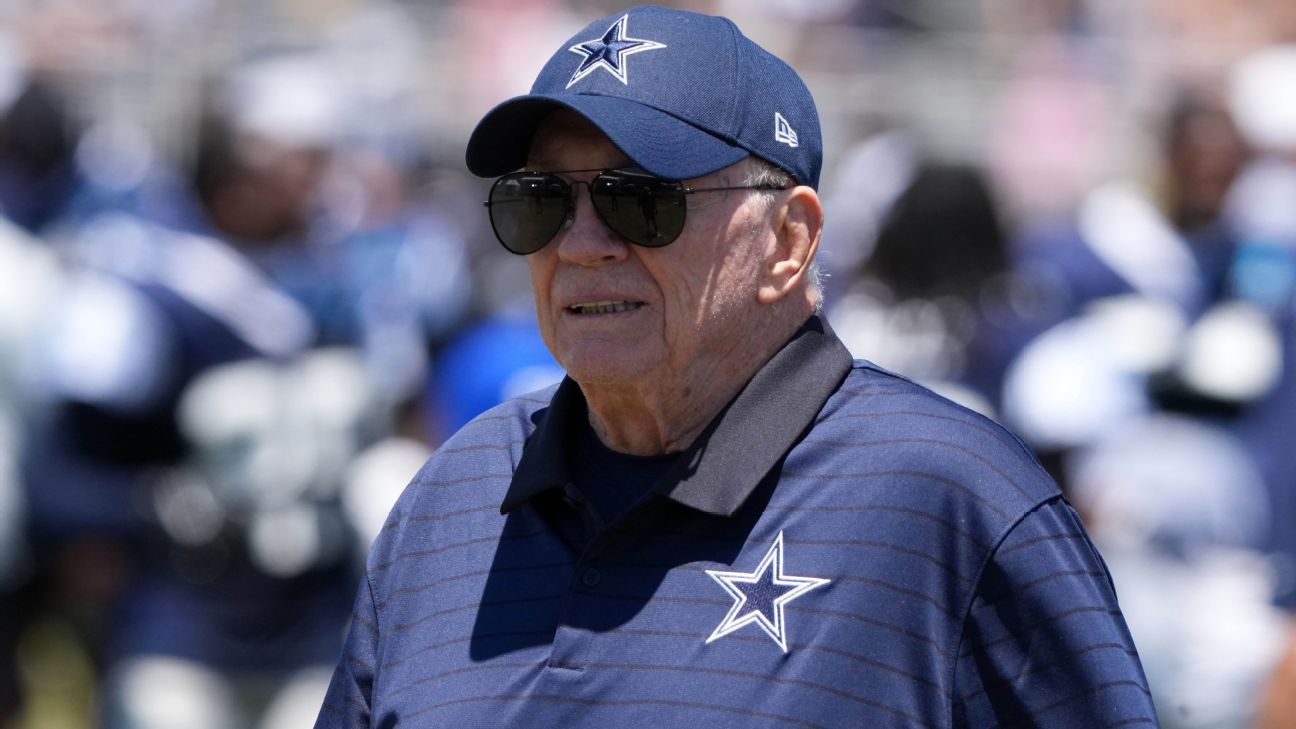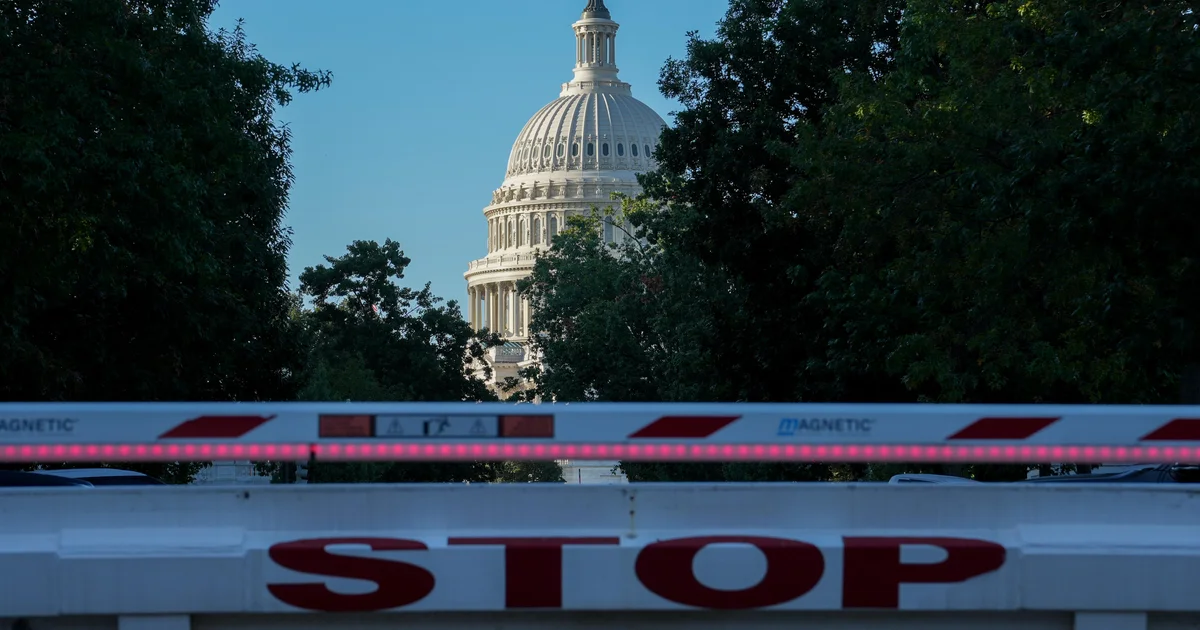Lyft CEO left Microsoft in the 90s to join a tiny startup called Amazon—here’s how Jeff Bezos convinced him

In 1996, David Risher told Bill Gates he was quitting his management role at Microsoft, then already one of the world’s largest companies with annual revenue of nearly $8.7 billion, to take a job at a “tiny, little bookstore online,” called Amazon.
“It wasn’t an entirely rational move,” Risher, who is now CEO of Lyft, admitted on an episode of the Fortune Leadership Next podcast that aired on Sept. 30. Risher served as Amazon’s senior vice president of U.S. retail between 1997 and 2002.
In fact, Bill Gates tried to talk Risher out of the move, he said on the podcast, reminding him he’d been “successful” at the larger company, where Risher had developed Microsoft’s first database product, called Access.
Gates — then the world’s wealthiest person, with a net worth estimated by Forbes at $18 billion in September 1996 — was surprised Risher would want to leave Microsoft for an internet startup that reported annual revenue of just $15.7 million in 1996, only two years after Jeff Bezos founded the company.
“‘Things are going well [here]. You mean to tell me you’re leaving this company for some tiny, little internet bookstore that nobody’s ever heard of … that has got to be the stupidest decision I’ve ever heard anyone make,'” Risher said Gates told him at the time. A spokesperson for Gates did not immediately respond to CNBC Make It’s request for comment.
While Risher understood the inherent risk of leaving an established tech giant for a much smaller, and unproven, startup, Amazon’s founder had made a convincing case, Risher said.
2015 interview.
By 1996, Risher had become so impressed with Bezos and Amazon that he began interviewing for a job at the young startup. There were two things about Bezos that convinced Risher he was making the right decision, he said. The first was Bezos’ obsession with the customer experience.
“The idea that you, personally, can improve the lives of millions of customers if you take the responsibility seriously is very powerful,” he told Newnham.
The other part of Bezos’ pitch that won over Risher was the entrepreneur’s confidence that Amazon could be the next huge tech company.
At the time, Amazon had a “relatively small business” that initially only focused on selling books. But, Bezos had a clear vision that would start with books and eventually expand to more and more product categories until Amazon became the “everything store” it is today.
“‘I think if we do everything right, by the time we’re in the year 2000, we’ll be a billion-dollar business,'” Bezos said, according to Risher.
Risher often says. He also fondly remembers the excitement of Amazon’s early years.
“It was really quite a rocket ship, which is always a fun thing to be on,” Risher said. “That building of something that hadn’t been built before at that scale was really very exciting.”
Want to be your own boss? Sign up for CNBC’s new online course, How To Start A Business: For First-Time Founders. Find step-by-step guidance for launching your first business, from testing your idea to growing your revenue.
Plus, sign up for CNBC Make It’s newsletter to get tips and tricks for success at work, with money and in life, and request to join our exclusive community on LinkedIn to connect with experts and peers.
[title_words_as_hashtags




